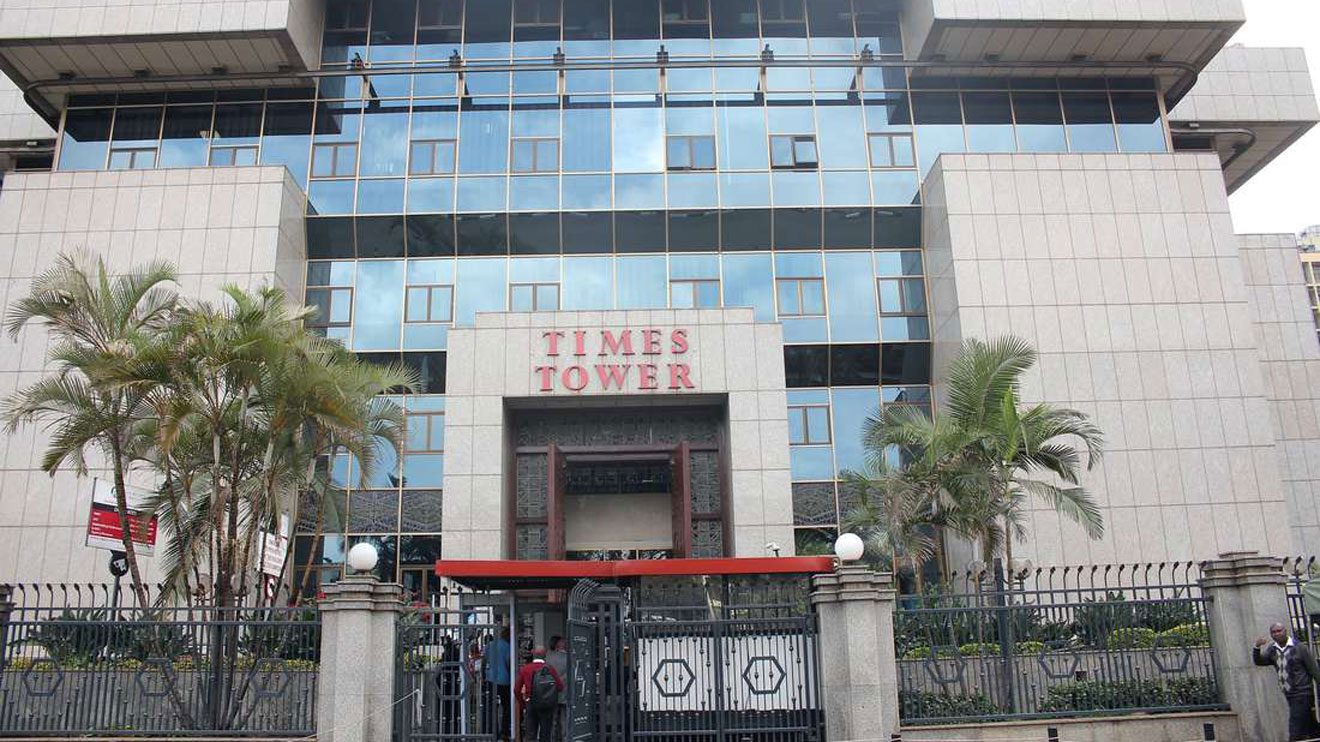
 KRA Headquarters./FILE
KRA Headquarters./FILE
Kenya’s Finance Bill, 2025, has sparked intense debate, and rightly so. Among its most controversial provisions is a proposed amendment to the Tax Procedures Act that would give the Kenya Revenue Authority sweeping powers to access personal and business financial data.
The government argues this is essential to curb rampant tax evasion, especially in the growing digital economy. But history and economics warn us that such heavy-handed policies can backfire, jeopardising hard-won gains in financial inclusion and digital innovation.
Let’s be clear: improving tax compliance is an important goal. The government rightly notes that many Kenyans conduct online transactions while skirting their tax obligations. The proposed law aims to close these loopholes and ensure that all income earned in Kenya is taxed fairly. The National Treasury promises stronger data protection regulations and oversight via the Office of the Data Commissioner. On paper, that might sound like a balanced approach. In practice, however, it risks creating a chilling effect on Kenya’s thriving digital and informal economies.
A history lesson in unintended consequences:
A cautionary tale from the past reminds us how tax policy can backfire. Take England’s infamous "window tax" in the 17th century. Meant to tax the wealthy based on how many windows they had, it led people to brick up windows or avoid building them altogether just to dodge higher taxes. The result? Dark, poorly ventilated homes that lingered for over a century.
Kenya risks a similar misstep only in the digital realm. If tax surveillance becomes too aggressive, people may respond by opting for cash or informal payment methods instead of digital payments. That would be a step backwards for financial inclusion and a loss for everyone.
Kenya is a global leader in digital financial services. Innovations like M-Pesa have brought millions into the formal economy, providing access to credit, savings, and payments. What made them successful? Trust, ease of use, and minimal bureaucracy.
But that progress is fragile. Granting KRA broad access to financial data risks shattering the trust that underpins this system. Small businesses and informal traders, already operating on thin margins, may decide it’s safer to stay off the radar entirely, reverting to cash and informal channels. This is what economists call a distortionary effect: when the structure of a policy changes behaviour in unintended and often counterproductive ways. Some Kenyan traders are refusing to accept M-Pesa payments due to tax compliance concerns, specifically the KRA's enhanced checks and scrutiny of mobile payment transactions. This has led to a trend of businesses reverting to cash transactions, even though they previously used M-Pesa payment methods like Buy Goods Till numbers. Rather than widening the tax base, aggressive surveillance may shrink it.
Beyond the informal sector, there’s also the issue of trust in institutions. Loosening bank secrecy, even in the name of tax fairness, can erode investor confidence. International companies may hesitate to expand in a market where financial privacy isn’t guaranteed. Diplomatic tensions could also arise if data-sharing norms diverge from global standards. What’s more, increasing surveillance without airtight data protection laws could expose citizens to data leaks, misuse, or even political abuse. In an era of cyber insecurity, that’s a gamble Kenya cannot afford.
Kenya took a commendable step in the right direction by enacting the Data Protection Act in 2019. The law introduced vital safeguards around the collection, processing, and use of personal data, enforced by the Office of the Data Protection Commissioner. But the Finance Bill 2025 threatens to erode these gains. It seeks to repeal Section 59A(1B) of the Tax Procedures Act—a critical provision that currently prohibits the KRA commissioner from compelling taxpayers to disclose personal data or trade secrets obtained during business. Removing this protection undermines both the spirit and letter of Kenya’s own data privacy laws, creating a dangerous double standard where citizens must comply, but tax authorities are exempt.
A better way forward: Third-Party reporting
Fortunately, there's a proven alternative that balances tax compliance with privacy: third-party information reporting. Used widely in developed countries, this system requires institutions like banks, employers, and digital platforms to report income directly to tax authorities, not to give open-ended access to customer data, but to share specific, standardised information. Kenya doesn’t need to reinvent the wheel.
Existing third-party systems like PAYE, VAT (via ETRs), and withholding tax already form the backbone of tax compliance. Rather than granting the KRA unchecked access to personal bank and mobile money records, the focus should be on refining and extending these tools to keep pace with a changing economy. In the U.S., for example, income reported by third parties sees more than 95 per cent compliance. For income not reported this way, compliance drops below 70 per cent. The lesson is simple: when people know their income is being reported, they declare it, without the state needing a surveillance dragnet.
Choose innovation over intrusion
Kenya has spent years building a digital economy that works for ordinary people. Undermining that with overboard surveillance powers would be a costly mistake, one with historical precedent and predictable outcomes.
Yes, tax evasion must be addressed. But the solution lies in smart, surgical reforms, not a blunt instrument that risks alienating the very people and businesses we want to bring into the tax net. As the window tax taught us, policies that ignore human behaviour often end up harming those least able to adapt. Let’s learn from history, respect privacy, and build a fairer tax system that protects Kenya’s digital future.
The writer works at a PFM-focused think tank














